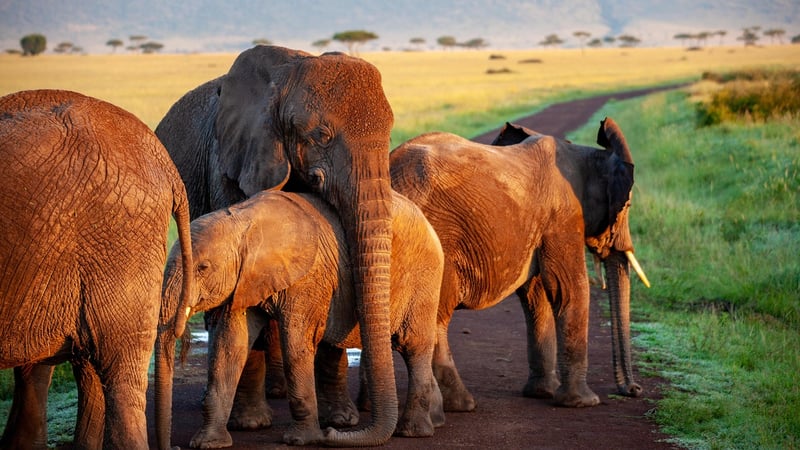Balanced Ecosystems
Foster Nature's Equilibrium: Understanding the Importance of Balanced Ecosystems
Our planet is a delicate web of interconnected ecosystems that rely on each other to maintain a harmonious balance. From the depths of the oceans to the vast stretches of forests, every living organism plays a crucial role in sustaining life on Earth. It is essential for us to understand the significance of balanced ecosystems and how we can contribute to fostering nature's equilibrium.
What are Ecosystems?
An ecosystem refers to a community of living organisms and their interactions with each other and the environment in which they live. These interactions involve the exchange of energy and nutrients, ultimately creating a stable and self-sustaining system.
The Importance of Balanced Ecosystems
Balanced ecosystems are vital for numerous reasons:
- Biodiversity: Ecosystems with a variety of plant and animal species are more resilient to environmental changes and disruptions.
- Climate Regulation: Forests, oceans, and other ecosystems play a crucial role in regulating the Earth's climate by absorbing carbon dioxide and releasing oxygen.
- Food Production: Many ecosystems provide essential resources for food production, supporting both humans and wildlife.
- Water Purification: Wetlands and forests act as natural filters, purifying water and maintaining water quality.
- Recreation and Aesthetics: Balanced ecosystems offer recreational opportunities and enhance the beauty of our surroundings.
How Can We Foster Nature's Equilibrium?
Each one of us can contribute to maintaining balanced ecosystems:
- Reduce Waste: Minimize waste generation and recycle materials to reduce the strain on ecosystems.
- Conserve Water: Use water efficiently and avoid pollution to protect freshwater ecosystems.
- Support Conservation Efforts: Get involved in local conservation projects and initiatives to protect biodiversity.
- Choose Sustainable Practices: Opt for sustainable products and practices that minimize negative impacts on the environment.
Conclusion
By understanding the importance of balanced ecosystems and taking steps to foster nature's equilibrium, we can contribute to a healthier planet for current and future generations. Let's work together to protect and preserve the intricate web of life that sustains us all.

